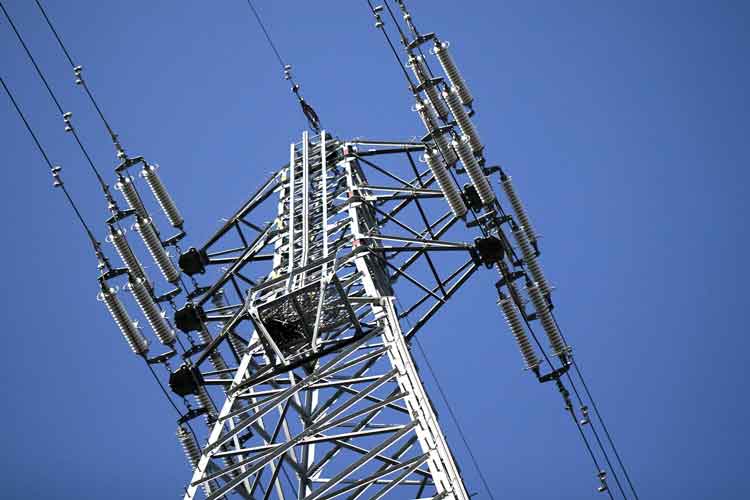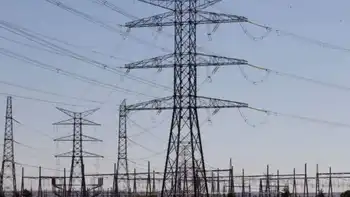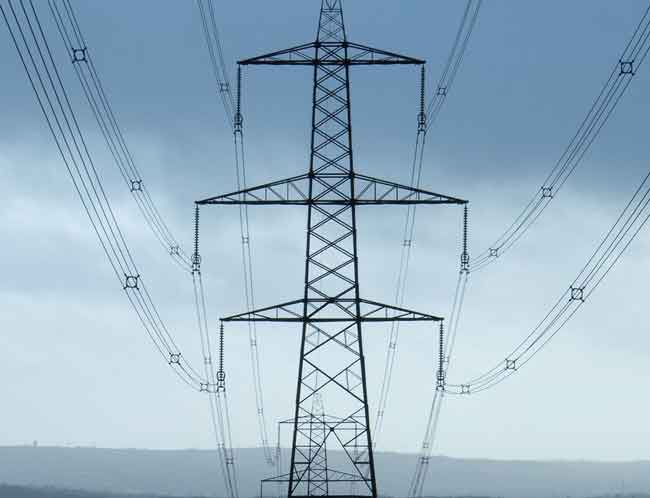Heathrow Airport Power Outage: Vulnerabilities Flagged Days Before Disruption

Substation Relay Protection Training
Our customized live online or in‑person group training can be delivered to your staff at your location.

- Live Online
- 12 hours Instructor-led
- Group Training Available
Heathrow Airport Power Outage 2025 disrupted operations with mass flight cancellations and diversions after a grid failure, exposing infrastructure resilience gaps, crisis management flaws, and raising passenger compensation and safety oversight concerns.
Key Points
A grid failure closed Heathrow, causing mass cancellations and diversions, exposing resilience and communication lapses.
✅ Grid fire triggered airport-wide shutdown
✅ 1,400+ flights canceled or diverted
✅ Inquiry probes resilience, communication, compensation
On March 21, 2025, Heathrow Airport, Europe's busiest, suffered a catastrophic power outage, similar to another high-profile outage seen at major events, that led to the cancellation and diversion of over 1,400 flights, affecting nearly 300,000 passengers and costing airlines an estimated £100 million. The power failure, triggered by a fire at an electricity substation in west London, left Heathrow with a significant operational crisis. This disruption is even more significant considering that Heathrow is one of the most expensive airports globally, which raises concerns about its infrastructure resilience and broader electricity system resilience across Europe.
In a parliamentary committee meeting, Heathrow officials admitted that vulnerabilities in the airport’s power supply were flagged just days before the outage. Nigel Wicking, Chief Executive of the Heathrow Airline Operators' Committee (HAOC), informed MPs that concerns regarding power resilience had been raised on March 15, following disruptions caused by cable thefts impacting runway lights. Despite these warnings, the airport’s management did not address the vulnerabilities urgently, even as UK net zero policies continue to reshape infrastructure planning, which ultimately led to the disastrous outage.
The airport was closed for a day, with serious consequences for not only airlines but also the surrounding community and businesses. British Airways alone faced millions of pounds in losses, and passengers experienced significant emotional distress, missing vital life events like weddings and funerals due to flight cancellations. The committee is now questioning officials from National Grid and Scottish and Southern Electricity Networks to better understand why Heathrow’s infrastructure failed, in the context of a cleaner grid following the British carbon tax that reduced coal use, how it communicated with affected parties, and what measures will be taken to compensate impacted passengers.
Heathrow’s Chief Executive, Thomas Woldbye, defended the closure decision, stating it would have been disastrous to keep the airport open under such circumstances. He noted that continuing operations would have left tens of thousands of passengers stranded and would have posed safety risks due to the failure of fire surveillance and CCTV systems. However, Wicking, representing the airlines, pointed out that Heathrow’s lack of resilience was unacceptable given the amount spent on the airport, emphasizing the need for better infrastructure, including addressing SF6 in switchgear during upgrades, and more transparent management practices.
Looking forward, the MPs intend to investigate the airport’s emergency preparedness, why the resilience review from 2018 wasn’t shared with airlines, and whether enough preventative measures were in place amid surging data demand that could strain electricity supplies. The outcome of this inquiry could have lasting effects on how Heathrow and other major airports handle their infrastructure and crisis management systems, as drought-driven hydro challenges demonstrate the wider climate stresses on power networks.











